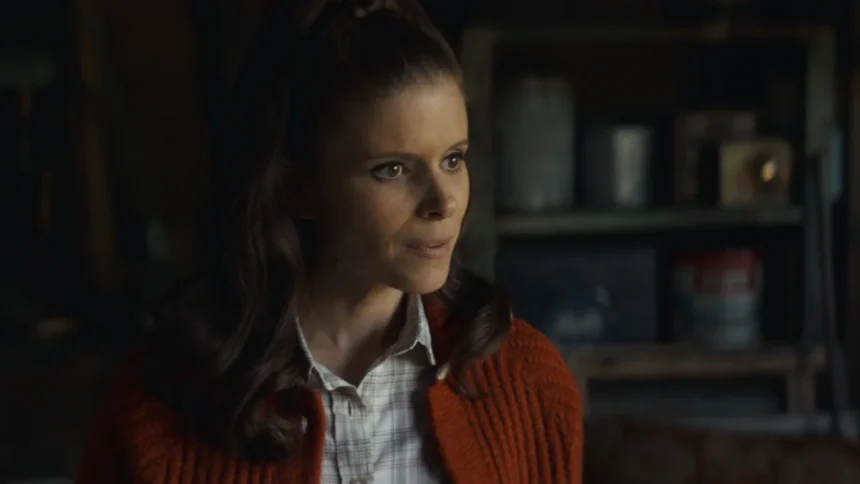Renowned writer and creator of the popular dystopian series “Black Mirror,” Charlie Brooker, recently revealed his experience with using an AI-enabled chatbot to write an episode for the show’s sixth season. Brooker, known for his exploration of the intersection between humanity and technology in the near-future, expressed his disappointment with the results of the experiment.
Having successfully penned numerous thought-provoking episodes for “Black Mirror,” Brooker decided to test the capabilities of AI technology by employing a chatbot called ChatGPT to create a new episode. ChatGPT is an advanced language model developed by OpenAI that utilizes artificial intelligence to generate human-like text responses.
The concept behind the experiment was to assess whether an AI chatbot could effectively craft a narrative in line with the show’s signature dark and dystopian themes. However, Brooker’s enthusiasm soon waned as he discovered that the reality fell short of his expectations.
Describing the experience as “like a nice, cold glass of water in the face,” Brooker expressed his disappointment with the AI-generated script. The intricacies of storytelling, the nuanced exploration of human emotions, and the distinctive voice that defines “Black Mirror” were noticeably absent from the AI’s output.
While AI language models have shown remarkable progress in recent years, Brooker’s experiment highlighted the limitations of relying solely on AI for creative endeavors. The unique perspective, imagination, and understanding of human experiences that a human writer brings to the table are elements that AI struggles to replicate convincingly.
One of the defining characteristics of “Black Mirror” is its ability to hold up a mirror to society and explore the potential consequences of emerging technologies. The series offers a cautionary view of the future, often leaving viewers with unsettling questions about the impact of technological advancements on humanity.
Brooker’s disappointment with the AI experiment underscores the importance of human creativity in shaping narratives that resonate with audiences on a deeper level. While AI can offer assistance and streamline certain aspects of the creative process, it currently lacks the depth of understanding and artistic sensibility required to replicate the complexity and thought-provoking nature of “Black Mirror.”
The experiment also highlights the vital role of human writers in navigating the ethical and moral dimensions that arise from the exploration of technology’s impact on society. Brooker’s handcrafted episodes of “Black Mirror” have consistently pushed boundaries, forcing viewers to confront uncomfortable truths about the potential dark side of our technological advancements.
As AI continues to evolve, collaborations between human writers and AI technology may become more common, finding a balance that harnesses the strengths of both parties. However, Brooker’s experience reminds us that human creativity, intuition, and a deep understanding of the human condition remain integral to storytelling that provokes meaningful reflection and engagement.
Ultimately, the disappointment Brooker experienced with the AI chatbot experiment serves as a testament to the enduring power of human imagination and the art of storytelling. As “Black Mirror” continues to captivate audiences with its chilling tales of a not-so-distant future, it is the human touch that ensures the series remains a potent force in exploring the complexities of our relationship with technology.




